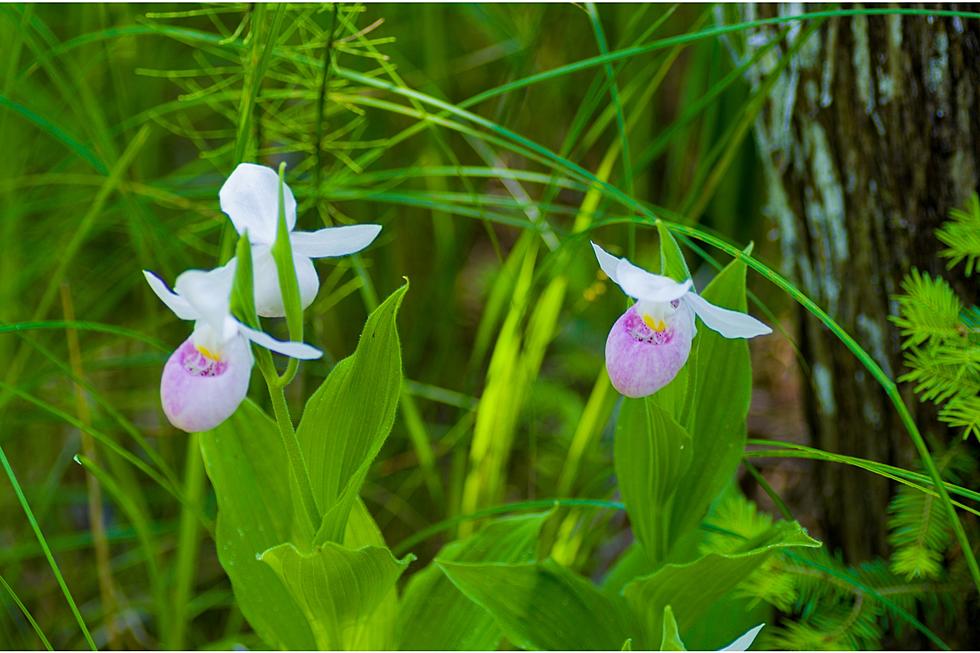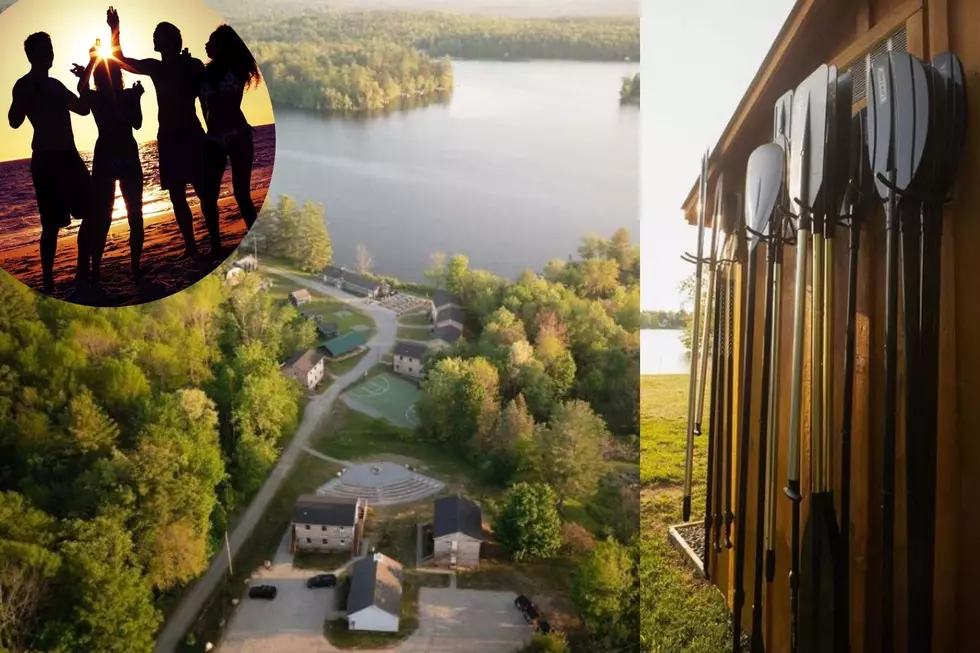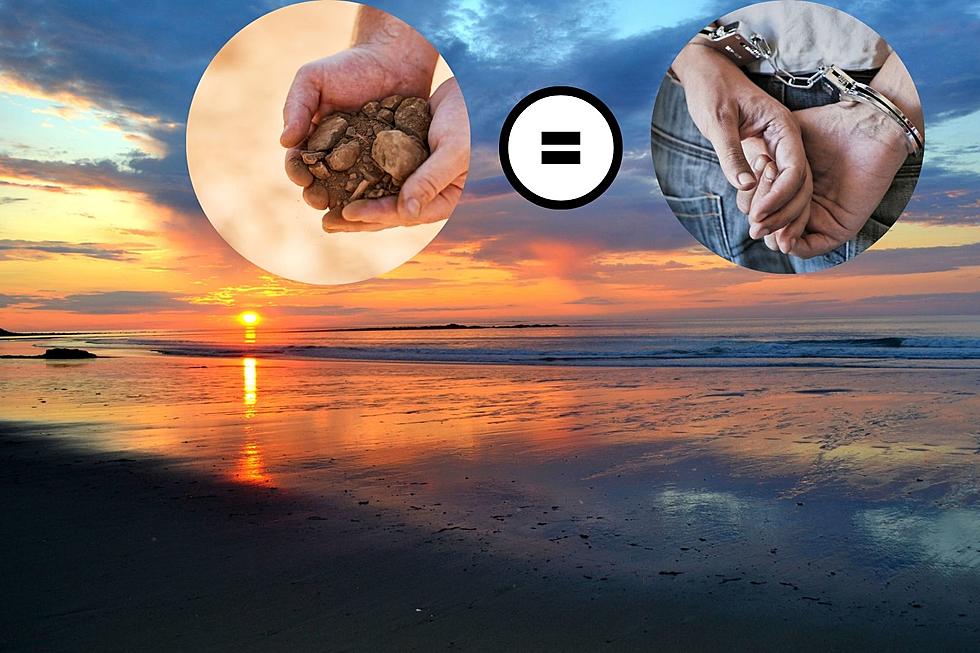
This Old New England Friend is Endangered but as Beautiful as Ever
As I was plugging along on Facebook the other day, I came across a post which took me back to my childhood. There was a pink flowering plant looking very regal and important staring at me, and I smiled.
Nostalgia hit me, and there was no turning back. This wet woodland plant took me back to Girl Scouts, hiking, and the lakes I grew up on. It triggered memories of other plants I searched for in the woods.
The photo was of a grouping of pink lady slippers, which are still endangered. Lady slippers are a delicate plant that grows in wet, shady areas, and quite a few have been spotted in New Hampshire lately, with peak season between May and July.
The problem with lady slippers is they do not self-pollinate and have only a 5% transplant success rate, according to NewEngland.com. That's why they are so rare and endangered.
It's illegal to pick lady slippers on federal property, and highly discouraged everywhere else. If left alone, the feminine looking slipper plant will propagate on its own, so let it be.
Seeing the pink lady slippers made me wonder what other plants I rarely see anymore. Oh, the Jack In The Pulpit is one. Although not endangered, these plants also thrive on wet, shady woodland floors, but are more easily transplanted. It is still discouraged to pick them, but they are common in more states than the lady slipper, and will spread.
What plant reminds you of your childhood walks in the woods? Enjoy the flora and the view, but be mindful of keeping the woodland plants were they belong, in the spot where they are thriving.
LOOK: These Are the 50 biggest retailers in America
7 Invasive Insect Species That Can Damage Crops and Other Plants in New Hampshire
More From 97.5 WOKQ









